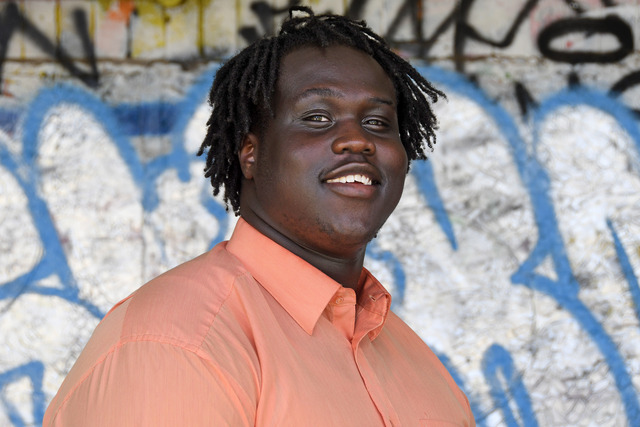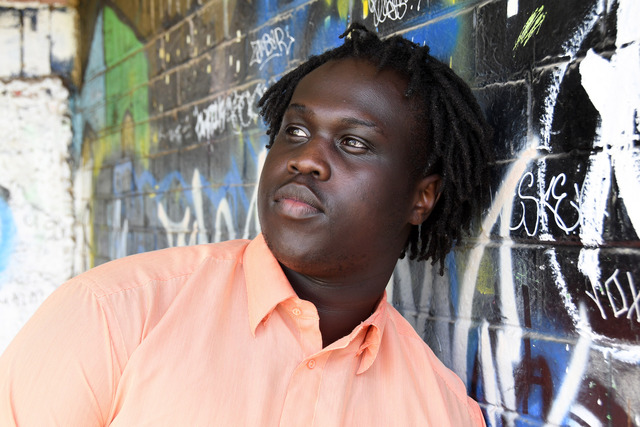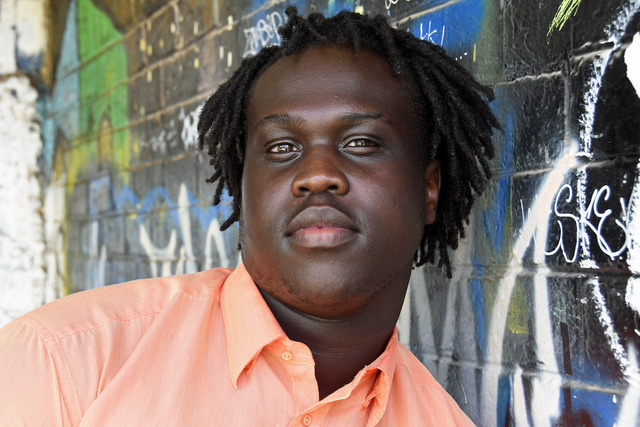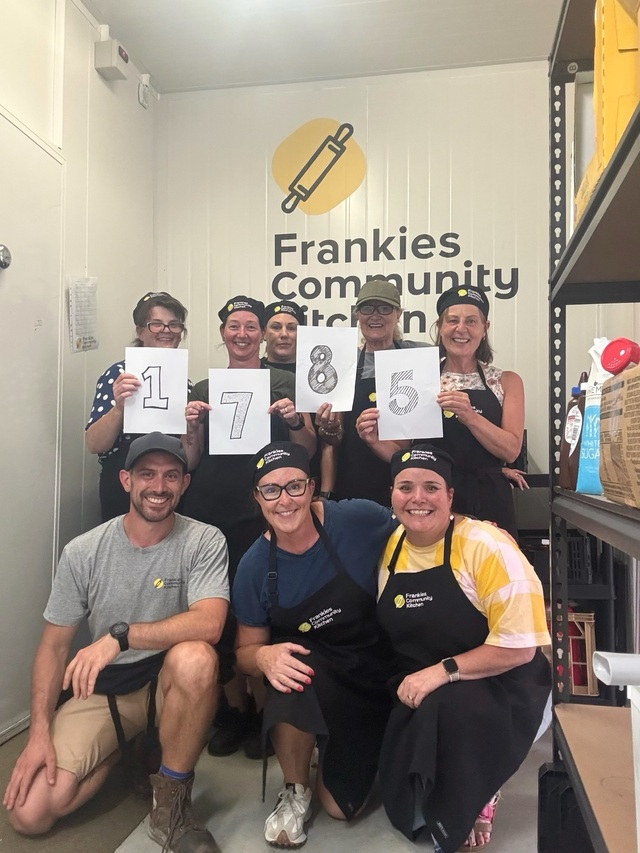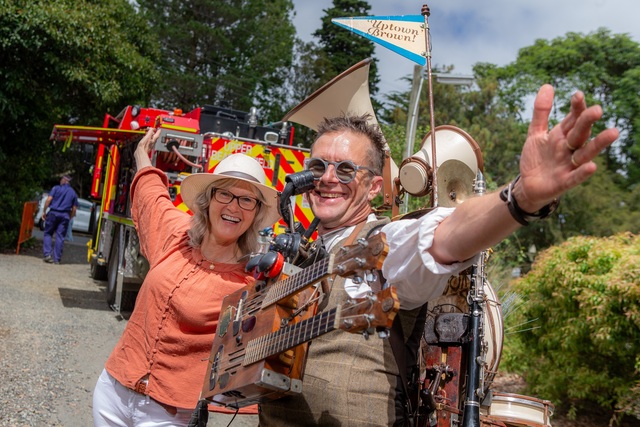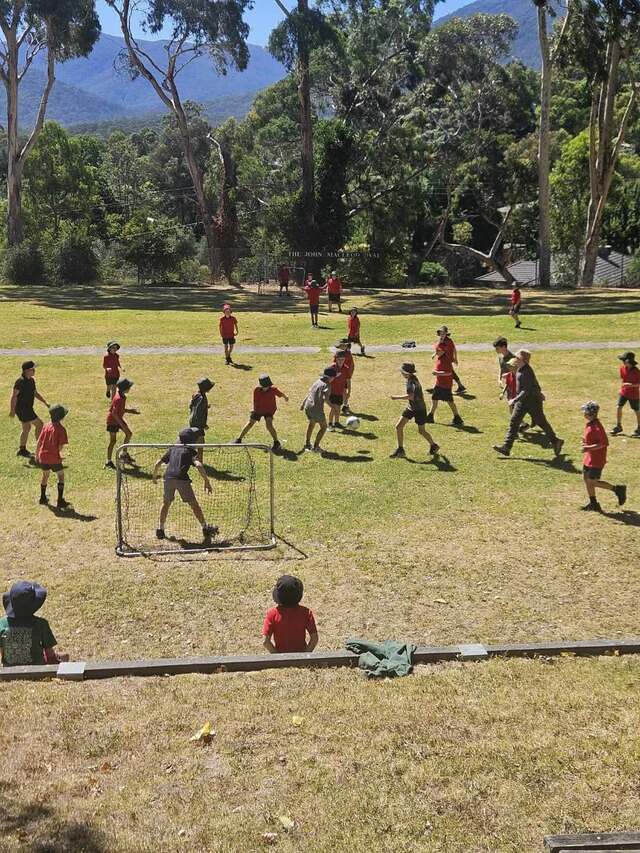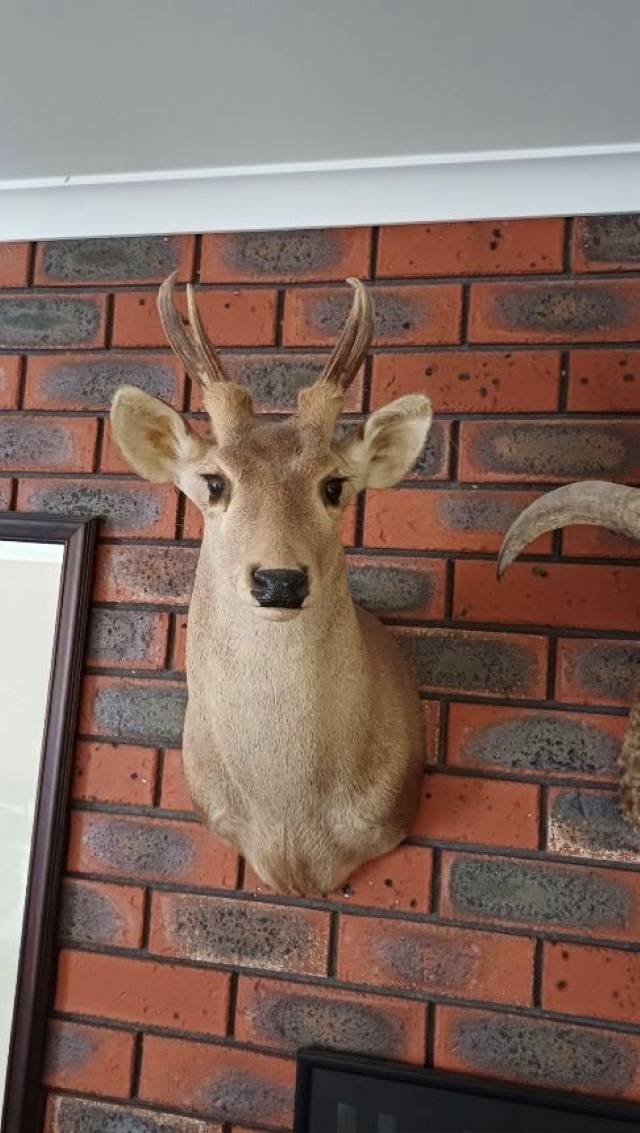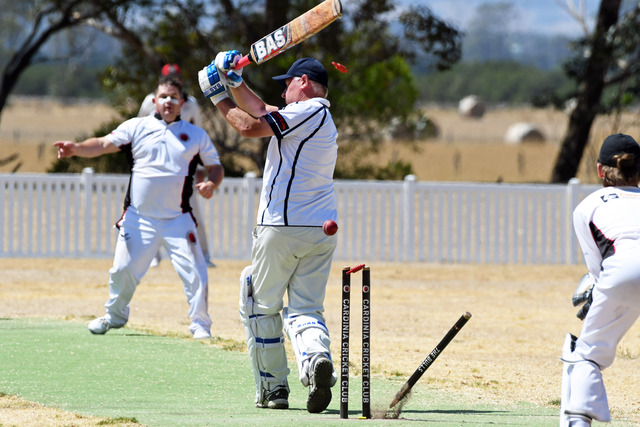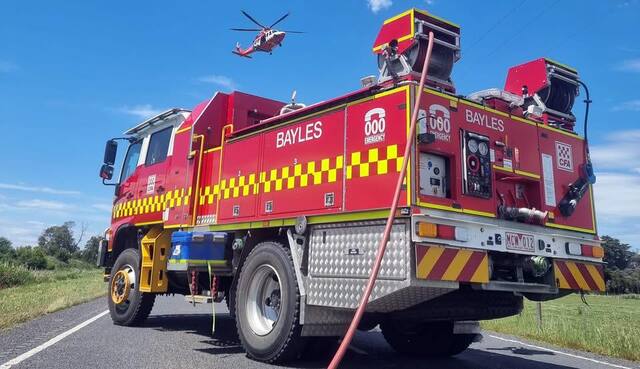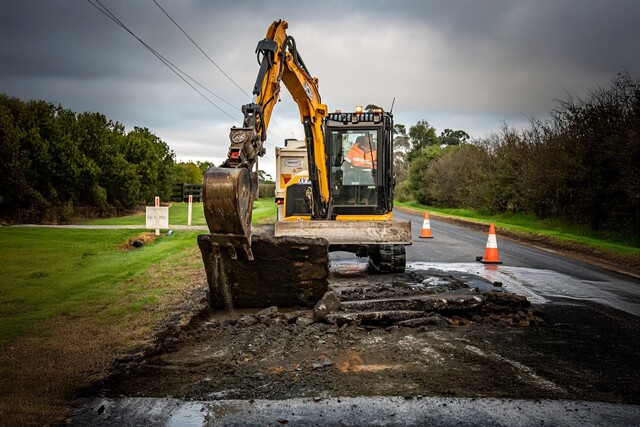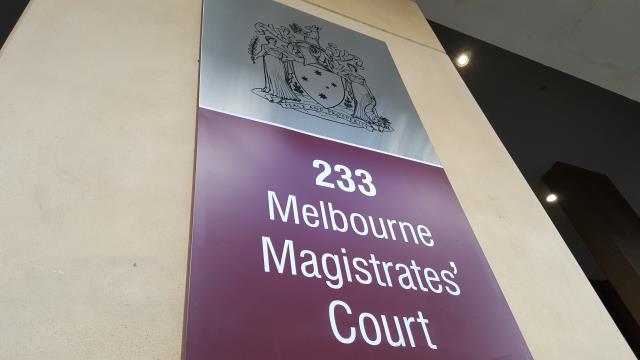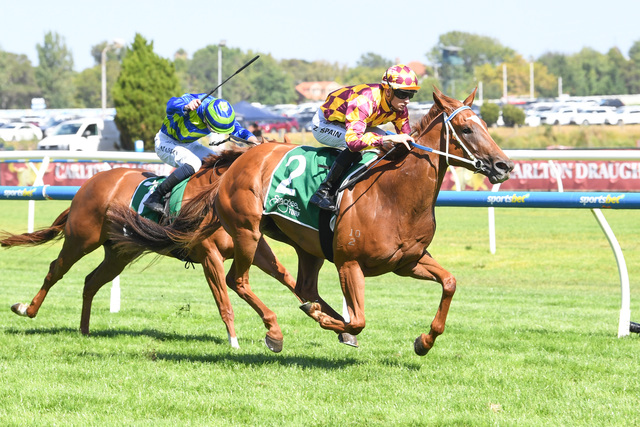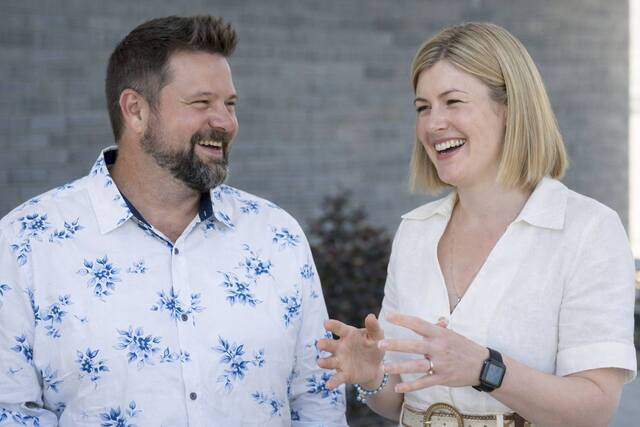Some parents of African descent are sending their children to boarding schools in Uganda, Sudan, Kenya, Egypt, Rwanda in an attempt to keep them safe or steer them away from becoming involved in crime according to sources in the Sudanese-Australian community.
Founder of Centre for Migrant and Refugee Health Mabor Chadhoul said, “What we are witnessing is a form of voluntary exile, parents sending their children overseas in hopes of reform or protection”.
“While this may be within their rights, it is not a solution that guarantees safety or success.
“It risks creating a lost generation, children born in Australia, disconnected from both their homeland and their adopted country, with disrupted education and fractured identities.”
Retired gang member turned activist and mentor Mar Riek (known as Marbarrose) understands the fear driving these decisions.
“Australia is the country our parents came to for a greater, free and opportunistic life yet they find themselves constantly burying their kids,” he said.
“The deaths of Dau Akueng and Chol Achiek have had a massive impact on the South Sudanese community, it has caused a lot of discussion, heated arguments and change.
“I do not fault parents for sending their children to the motherland but I feel it is an extreme measure to keep their children safe, which shouldn’t be the first step.”
While Mr Riek was not sent overseas for his criminal past, he believes it might have made him more appreciative of the opportunities available in Australia.
However, he warns that relocation can also backfire.
“I’ve had friends and family get sent back and in return came back to Australia worse than before due to a feeling of neglect and blame,” he said.
“Children sent back could grow resentment towards their parents, siblings and families.
“I feel it is a case-by-case choice for children to be sent back. Not all Australians of South-Sudanese heritage can survive and live in Africa at their best.”
He added that some of the countries young people are being sent to pose serious safety risks.
“Children can be neglected in Africa, whether it’s financially, emotionally or physically,” Mr Riek said, adding locals may view Australian children as privileged and take advantage, steal or in some cases kill them due to jealousy, envy and general hate for the west.
Chair of the South Sudanese Community Association Andrew Ohide warned that sending children abroad to live was fraught with problems.
“You cannot just take a child abroad, even if they are your own, they are still Australian citizens,” Mr Ohide said.
“If something goes wrong, you will be struggling with the embassy and government. Getting help can be hard and delayed.”
Mr Chadhou said the relocation of some young people has been driven by safety fears following the recent far-right protests, political rhetoric, lingering stigma from the Apex gang era, and negative stereotypes linking African-Australians to crime.
“This creates pressure on families and communities, leading some to believe that sending children away is the only way to protect them,” Mr Chadhoul said.
“However, we must also acknowledge that safety concerns are real and sometimes come from within the community itself.”
African leaders believe the answer lies not in escape, but in engagement.
“We must invest in local solutions, strengthen family and community support systems, and ensure that young people have the tools to thrive in Australia,” Mr Chadhoul said.
“If children are failing here, we must ask why? What systemic or community-level failures are contributing to their disengagement? Sending them away does not address these root causes, it merely shifts the problem elsewhere.”
Mr Ohide agreed that community debate on this issue is widespread and growing, adding that it is difficult to convince some parents to change their minds.
“My community is talking about this all the time. They tell me face-to-face.”

